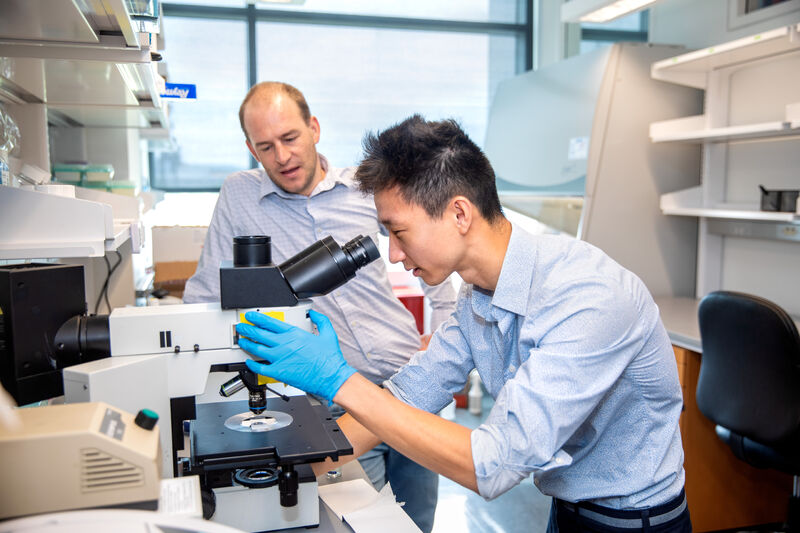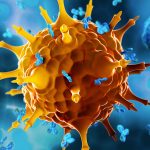
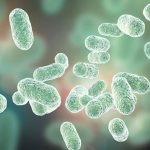
Kanvas Biosciences’ technology analyzes the specific interactions between bacteria and immune cells in a patient’s microbiome.
01 July 2024 17:00Over the past two decades, immunotherapies have become a key tool in doctors’ arsenal for cancer patients. This class of drugs uses the body’s own immune system to attack tumors. But despite their growing use, checkpoint inhibitors (a type of immunotherapy) are unsuccessful in many cancer patients.
In some cases, this lack of response has to do with the patient’s microbiome — the community of bacteria and other microorganisms that live in the gut. For these patients, doctors are experimenting with fecal microbiota transplants, a way of transferring the microbial ecosystem of one healthy person to another. This approach is promising, but it risks transferring pathogens and is difficult to scale up.
Kanvas Biosciences aims to offer a safer and more effective solution through therapies using microorganisms discovered with its novel spatial biology platform. This technology analyzes the specific interactions between bacteria and immune cells in a patient’s microbiome, with the aim of improving cancer treatments.
On Monday, it announced that it has an initial capital of 12.5 million dollarsco-directed by DCVC and Lions Capitalbringing its total investments to $29.5 million. The company declined to share its valuation.
“We know that the microbiome is absolutely critical to human health—everything from nutrient digestion to drug metabolism to immune system regulation—but we weren’t able to adequately characterize it or harness it for drug development,” said co-founder and CEO Matt Cheng“So I thought if we developed a novel space biology platform that really understood and characterized the microbiome, we could do amazing things to help people,” he added.
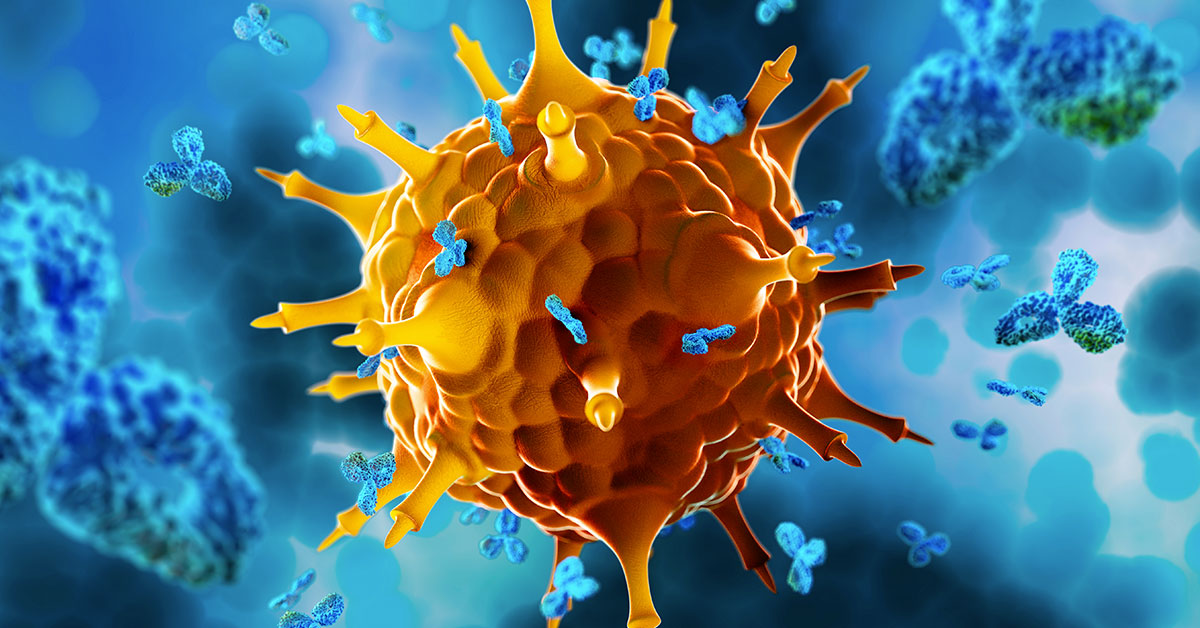
The technology underpinning the Kanvas platform was first developed by co-founder and CTO Hao Shithen a PhD student with Cheng’s brother in the lab of Iwijn De Vlaminck in the Meinig School of Biomedical Engineering of the Cornell University. Known as “HiPR-FISH“, works by using chemical probes that bind to specific areas of interest in the microbiome and tag them with a distinctive barcode. This research, published in Nature in 2020create a “Google Maps” of the bacteria in the gut,” Cheng explained. “This allows us to understand how different microorganisms interact with each other and with the patient.
“We can use this to identify which bacteria are interacting and talking directly to immune cells,” he said, adding that this knowledge can help find the right gut bacteria to “modulate a specific immune response” and improve the efficacy of cancer treatments. The potential for the platform to be used in this way is what led Cheng, Shi and De Vlaminck to found the company in 2020.
Several biotech startups promised to crack the microbiome code, but few achieved long-term viability, with the notable exception of Seres Therapeuticssupported by Flagship Pioneeringwho recently sold his pill Vowst to Nestl Health ScienceThe microbiome startup Viome Life Scienceswhich uses artificial intelligence to analyze the results of at-home diagnostic kits, also won over investors, closing an $86.5 million Series C funding round last year, but experts and former employees expressed concerns about the science behind its products.
In fertility, Microgenesis.net stands out, an Argentine company that was incubated by GRIDx in Buenos Aires and IndieBio in San Francisco. The company sends a kit to the patient’s home that allows them to take samples and then return them by mail to the laboratory for study. They then receive a treatment that seeks to reduce inflammation of the immune system in response to imbalances in their microbiome. We already have babies born with this technology in the United States, Spain and Argentina, says its CEO and Conicet researcher Gabriela Gutirrez.
Many other competitors (including Finch Therapeutics, Kaleido Therapeutics and Evelo) have closed in recent years due to unsuccessful trials, poor funding forecasts and regulatory missteps.
Jason Pontinpartner of DCVC and Chairman of the Board of Kanvas, invested in several of these startups in his three years as a partner and senior advisor to Flagship Pioneering. While many seemed promising at the time, Pontin noted that one persistent challenge was how little was known about the specific interactions of bacteria in the microbiome, making therapeutic development difficult. That’s what struck him about the opportunity to invest in the company.
“When I first saw Kanvas, almost three years ago now, I was blown away by the specificity and sensitivity of the HiPR-FISH platform,” Pontin said. “And I thought, this is the platform I’ve been waiting for.” What’s different about the technology, he said, is that “it finally makes it possible for us to really understand these host-microbiome interactions.”
Shortly after closing a $12 million investment round in June 2023, it acquired several assets from Federation Bioanother competitor in the microbiome space, including a preclinical immuno-oncology program led from the MD Anderson Cancer Center of the University of Texasa cell bank facility in San Francisco and the company’s scientific director, Lee Swem.
Cheng called the deal transformative, because its manufacturing assets allowed the company to accelerate its ability to scale. “We suddenly went from being just a space biology platform to a full-fledged therapeutics company,” he said. That said, both Cheng and Pontin acknowledge that scaling up a microbiome drug remains the company’s biggest challenge.
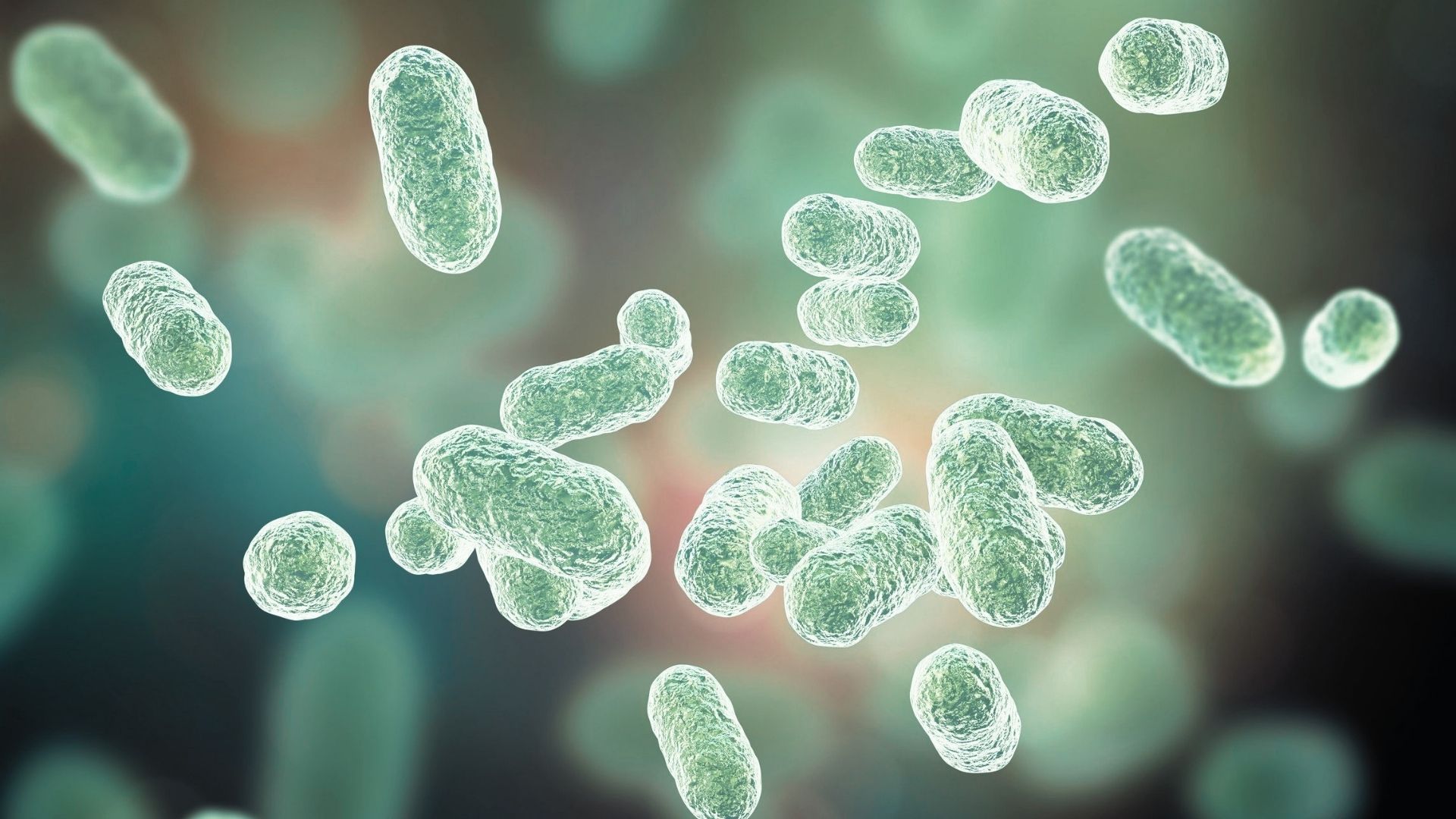
Working with him MD Andersonidentified a bacterial “super donor” that he then used to develop his lead drug candidate, dubbed KAN-001By altering the composition of a patient’s microbiome with dozens of bacterial strains, KAN-001 “primes” their immune system to fight cancer more effectively with the help of immunotherapy. After offering the product to mice with sarcoma GF Before using a checkpoint inhibitor, he found that the drug slowed tumor growth better than without KAN-001, Cheng said.
With the new funding, the company hopes to advance preclinical trials with the goal of preparing the presentation of a new drug in the pre-research phase at the end of this year for KAN-001 and next year for KAN-003its second microbiome-boosting drug. After that, the company hopes to launch a human clinical trial in nine to 18 months to test its products on human cancer patients.
Over time, Cheng hopes his company’s platform could be targeted at other diseases such as multiple sclerosis and neurodegenerative diseases. He’s also looking at applications in other fields outside of medicine. Because the company’s platform is “sample-type agnostic,” it can be used on everything from tissue samples to alfalfa sprouts to cheese, opening the door to applications in agriculture and food safety.
“We believe we will be in a formidable position to really demonstrate the benefit of our platform applied to therapeutic development,” Cheng said.
Note published by Forbes US

